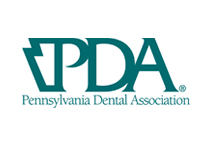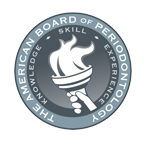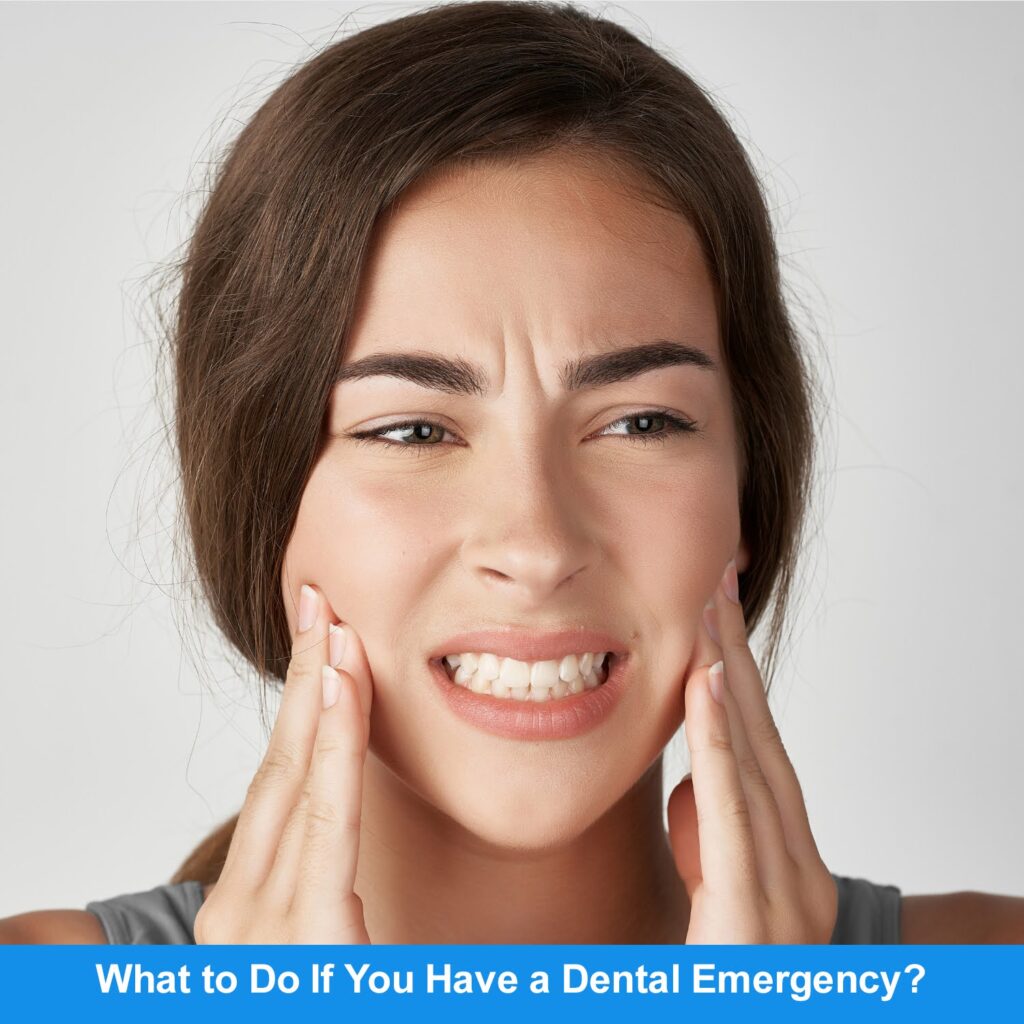
Introduction
From a cracked tooth and heavy gum bleeding to a missing filling, quick action is essential. But are you prepared to handle a dental emergency? This guide breaks down the steps you need to take in a straightforward and easy-to-understand way.
Summary
1. Understanding What Counts as a Dental Emergency
2. First Steps: Stay Calm and Assess the Situation
3. When to Call the Dentist Right Away
4. Home Remedies That Help Until You See a Dentist
5. Common Dental Emergencies and What to Do
6. What to Expect During an Emergency Dental Visit
7. How to Prevent Dental Emergencies in the Future
8. The Role of Emergency Dental Services and When to Visit the ER
9. Don’t Have a Dentist? Here’s What You Can Do
1. Understanding What Counts as a Dental Emergency

Not every mouth problem is an emergency. However, certain situations need quick action.
Dental emergencies often involve intense pain, bleeding, or damage to the mouth or teeth. If your tooth is cracked, knocked out, or you have signs of infection (like swelling and fever), it’s urgent. You shouldn’t wait for your regular dental appointment in these cases.
Other examples include:
- A sudden toothache that won’t go away
- Gum bleeding that doesn’t stop
- Loose or broken crowns
- Abscesses or signs of infection
Knowing what’s urgent helps you act quickly and avoid further damage.
2. Flossing: The Hidden Key to Healthy Teeth
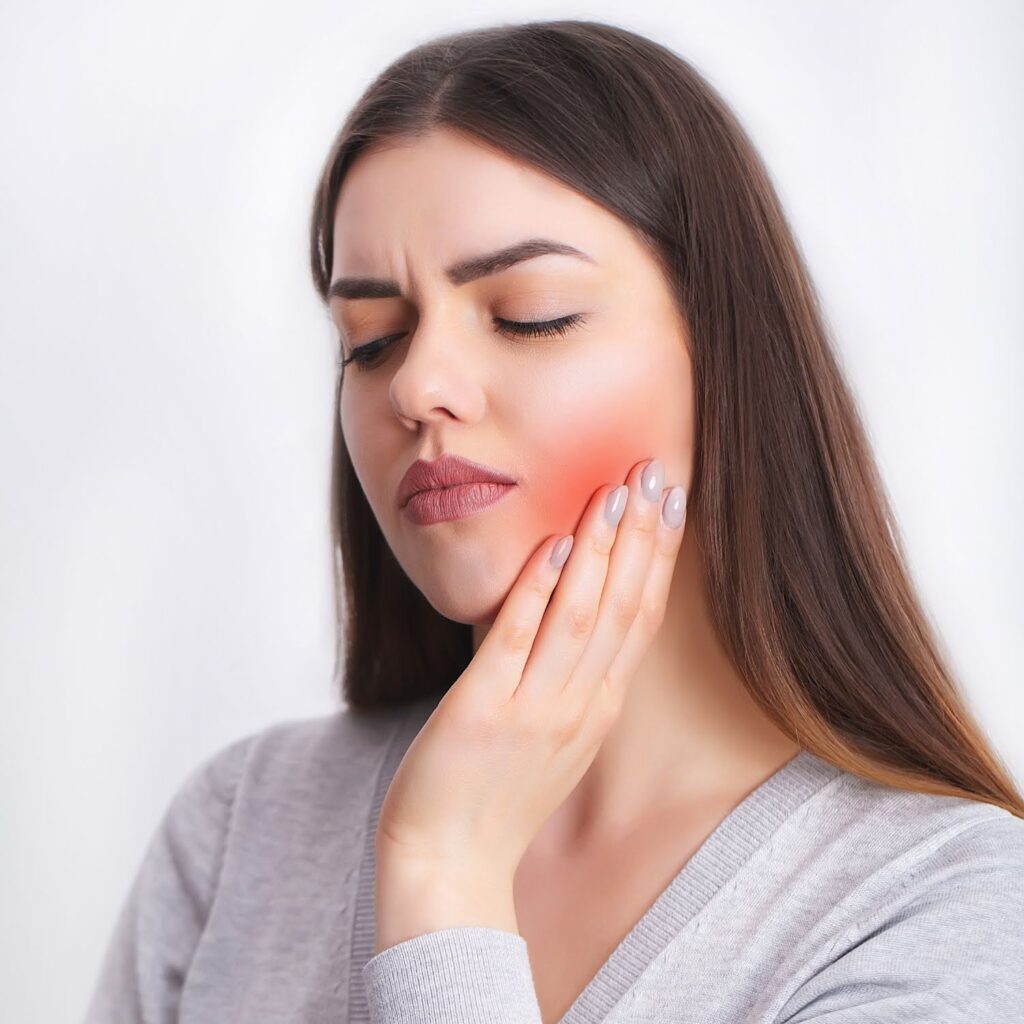
Panic won’t help your pain—or your teeth. The best first step? Stay calm.
Next, check the problem. Is it bleeding? Is the tooth fully knocked out or just wobbly? Is there any swelling? Identifying the exact problem helps you figure out your next move.
If you see bleeding, apply gentle pressure with a clean cloth or gauze. For a cracked or broken tooth, rinse your mouth with warm water to clean the area. If a tooth has been knocked out, avoid touching the root.
3. When to Call the Dentist Right Away

Time is everything in a dental emergency. So, when should you contact your dentist?
You should call immediately if you experience:
- Tooth knocked out
- Severe tooth pain
- Signs of infection like pus or fever
- Bleeding that won’t stop
- Jaw injuries or broken facial bones
Even if it happens at night or on the weekend, most clinics have an emergency line or instructions on where to go.
4. Home Remedies That Help Until You See a Dentist

You may not reach a dentist right away. Don’t worry. There are simple home steps you can take to ease the pain or reduce damage.
Here’s what you can do:
- Toothache: Rinse with warm salt water. Apply a cold compress to reduce swelling.
- Broken tooth: Save any pieces, rinse your mouth, and avoid chewing on that side.
These temporary fixes aren’t long-term solutions. But they can prevent the issue from getting worse.
5. Common Dental Emergencies and What to Do

Let’s explore some specific dental emergency scenarios and how to handle them quickly.
Severe Toothache:
Clean your mouth, floss gently to remove any food particles, and rinse. Don’t place painkillers directly on the gums. Cold compresses work best. Call your dentist if pain continues.
Lost Filling or Crown:
Keep the crown safe. Cover the area with dental cement or gum until you see a dentist.
Abscess or Infection:
This is serious. Swelling, pus, or fever can signal a deep infection. Gently rinse your mouth with warm salt water and get emergency dental help as soon as possible.
6. What to Expect During an Emergency Dental Visit

Now that you’ve called the dentist, what happens next?
First, they will ask you about your symptoms and how the problem started. Then, they’ll do a quick exam. They may take X-rays to understand the damage.
Next, they’ll treat the urgent issue:
- Pain relief through medication
- Temporary or permanent repair of broken teeth
- Cleaning and draining infections
- Replacing crowns or fillings
7. How to Prevent Dental Emergencies in the Future
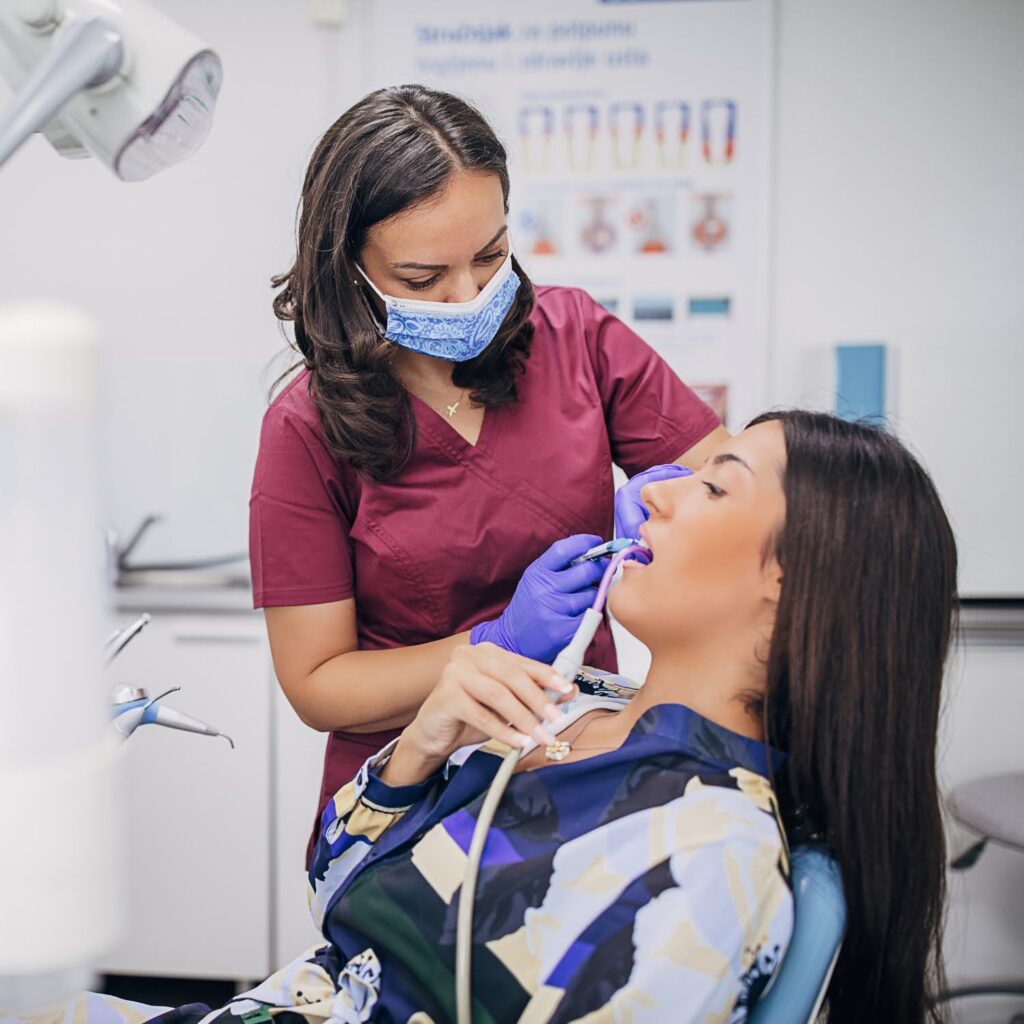
Most dental emergencies happen suddenly—but many are preventable with good habits.
Here’s how you can avoid future emergencies:
- Visit your dentist regularly. Don’t wait for pain to visit.
- Wear a mouthguard when playing sports.
- Practice good oral hygiene. Brush twice, floss daily, and rinse with mouthwash.
- Don’t ignore early signs of discomfort. Small issues can turn big if ignored.
Taking small steps today can save you pain—and money—tomorrow.
8. The Role of Emergency Dental Services and When to Visit the ER
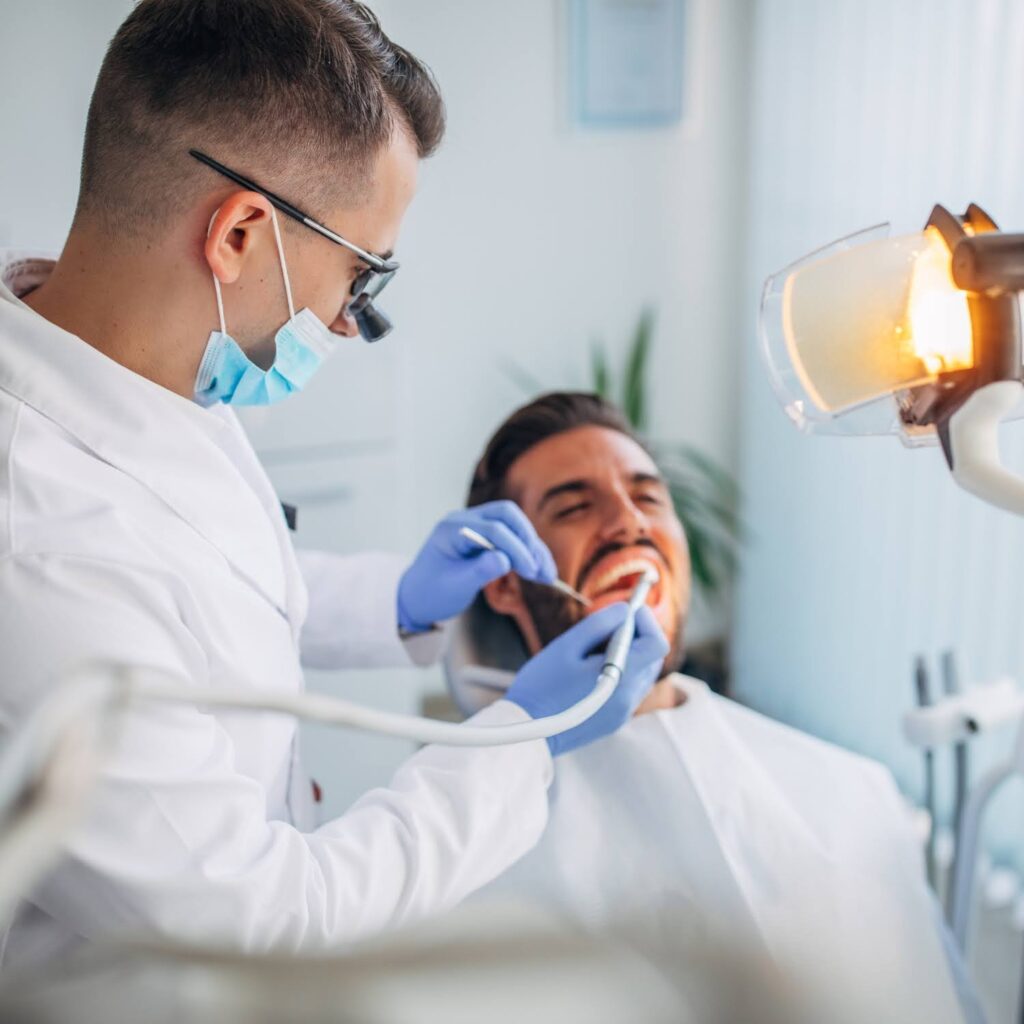
Some issues can’t wait. That’s where emergency dental services come in.
Most dental clinics offer emergency appointments or have hotlines to handle urgent situations. Others may work with hospitals for after-hours emergencies. Always check your local dental clinic’s emergency policy.
In rare cases, you should go directly to the ER:
- Swelling that affects breathing or swallowing
- High fever and signs of widespread infection
- Trauma that involves your face, jaw, or head
Remember, not every hospital has a dentist. But they can manage pain, swelling, and infection until you can see one.
9. Don’t Have a Dentist? Here’s What You Can Do

Dental emergencies can be scary if you don’t have a regular dentist. Still, you have options.
- Search for 24-hour dental clinics in your area.
- Use tele-dentistry apps to get advice fast.
- Visit urgent care or ER if you can’t find a dentist and symptoms are severe.
- Look for community dental centers or dental schools that accept walk-ins.
Many areas have low-cost clinics or dental schools that offer emergency help at reduced prices.
Frequently Asked Questions (FAQs)
Q.1. How do I know if my problem is a dental emergency?
A.1. If you have severe pain, bleeding, swelling, or a knocked-out tooth, it’s likely an emergency. Call your dentist right away.
Q.2. Can a lost filling wait until morning?
A.2. It depends. If you have pain or exposed nerves, you should get help immediately. Use dental cement to protect the area in the meantime.
Q.3. What can I do for tooth pain at night?
A.3. Rinse with salt water, apply a cold compress, and take over-the-counter painkillers. Avoid hot or cold food and drinks.
Q.4. What happens if I don’t treat a dental emergency?
A.4. It can get worse quickly. Infections can spread, and you may lose a tooth. Always seek help as soon as possible.
Q.5. Can I go to the ER for a dental emergency?
A.5. Yes, especially if you have swelling, fever, or trauma. They may not fix the tooth, but they can manage serious symptoms.
Conclusion
A dental emergency can be painful and frightening. But knowing what to do—and acting quickly—can make all the difference. Whether it’s saving a tooth or stopping an infection, every minute counts.
Keep your dentist’s number handy, and always prepare for the unexpected. After all, your smile deserves quick and caring attention.
For personalized dental care or to schedule a consultation, call us at (267) 908-4867 or visit our website: https://premierperiodonticspa.com/perioscopy-gum-disease-treatment/. We prioritize your smile and are dedicated to delivering expert care for a comfortable and seamless dental experience. Let us help you maintain a healthy, confident smile!




